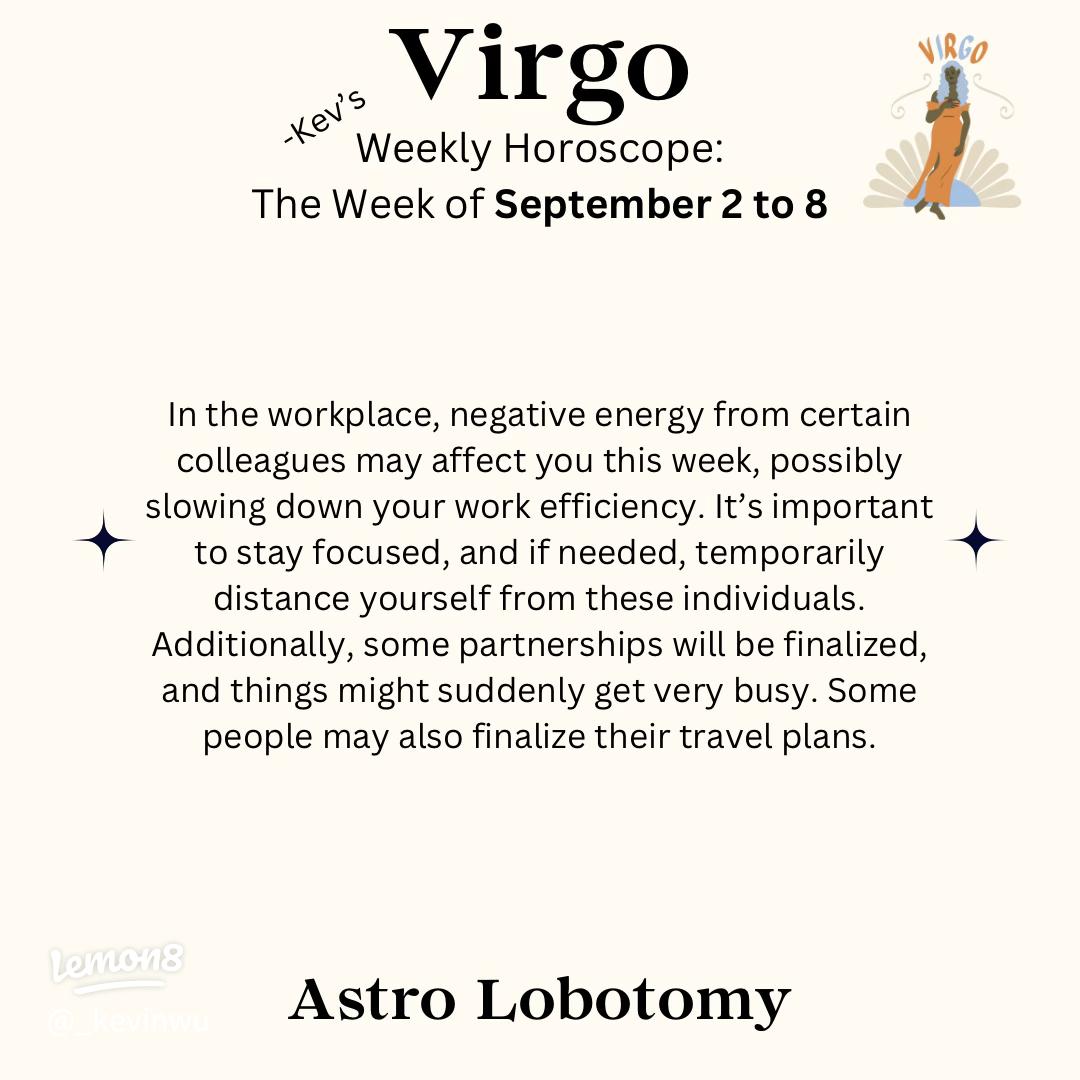The Day I Decided to Stop Waiting for the Cosmos to Act
I saw that stupid headline, “Your virgo weekly horoscope: Big career moves are happening!” and I usually just laugh at that stuff. I mean, come on, I’m a grown person, I don’t organize my life around what some website thinks Jupiter is doing. But this time? This time it hit different because I was absolutely, totally burnt out and ready for anything that promised a change, even if it was just snake oil wrapped in a star chart.
My practice wasn’t waiting for a headhunter to call me. My practice was forcing the cosmos’s hand. I wasn’t going to let “big career moves” just happen to me; I was going to drive them right over a cliff if they didn’t go my way. The whole thing kicked off right after Project Phoenix—the one that absolutely tanked three weeks ago. We poured six months into it, and then the client—who I swear had the organizational skills of a wet sock—pulled the plug and blamed my entire team for their own budget mismanagement. I got dragged into HR, got a verbal warning for “lack of proactive client engagement,” and that just completely drove me nuts. I realized then and there that I had zero control over my job security, and I hated it.
Deconstructing the ‘Big Move’ (The Audit Phase)
The first thing I did, the moment I read that headline, was commit to a three-step internal and external audit. I didn’t tell my wife, I didn’t tell my dog, and I certainly didn’t tell my boss. This was classified operational data, just for me.

I started by pulling out my resume. It was ancient, maybe four years old, full of fluff and passive language. I took a solid four hours and just ripped it apart. I made every sentence start with a strong verb. I wasn’t just “responsible for budgets,” I “slashed overhead by 15%.” I didn’t “participate in meetings,” I “spearheaded the quarterly strategy review.” It felt slightly dishonest, but honestly, if they don’t ask, they don’t know, right? It was about presenting the best version of the data I had.
Then I moved to the messy part: the internal assessment. I had this idea that a “big move” might actually be an internal lateral transfer that paid better, but I had no visibility. So I dug deep into the company’s internal Slack channels. I used search terms like “succession planning,” “high-potential list,” and “upcoming headcount” in channels I wasn’t supposed to be monitoring. It was pure information reconnaissance. What I uncovered was messy, predictable stuff—the high-potential list was 90% managers’ favorites, and there were three roles secretly being opened up in the Chicago office that paid 20K more than my current gig. These weren’t posted yet; they were just whispers.
Executing the Plan and Getting the Reality Check
My third action step was the most important: getting a reality check. If big moves were happening, I needed market data. I picked five jobs that were absolutely, definitively out of my league—Director of Operations, Head of Regional Strategy—roles I figured I had maybe 30% of the skills for. I completely customized my newly shiny resume for each one and just hit send. The goal wasn’t to get the job; the goal was to get an interview. I wanted to hear, from serious, external players, where my gaps were and what my skills were actually worth.
The first two applications were immediately met with those automatic “thanks but no thanks” emails. The third one, the Director role at some startup doing cloud infrastructure, actually called me back. I nearly fell off my chair. I spent three hours prepping and then had the most brutal, embarrassing interview of my life. I stumbled over technical details, I couldn’t properly articulate the scale of my team management, and I just generally sounded like I was winging it (because I was).
The Realization: The Move Was Already Inside Me
I felt terrible after that Director interview. Like a failure. But here’s the kicker, the ultimate realization of this whole messy practice:
The recruiter, a nice lady named Susan, called me back two days later. She politely told me I wasn’t ready for the Director role, but she then spent 20 minutes telling me how impressed she was with my narrative structure on Project Phoenix (the one that failed!). She identified a mid-level leadership role that paid slightly more than my current job, one I hadn’t even applied for, and strongly encouraged me to go for it. She saw the potential, even though I had bombed the big interview.
I never took that job with Susan’s company. I didn’t need to. Simply going through the process—auditing my internal company secrets, upgrading my narrative, and facing a crushing external interview—gave me the leverage I needed. I marched back into my boss’s office the next week, armed with the knowledge of those Chicago openings (the 20K bump roles) and the confidence gained from knowing that external recruiters were spotting my potential. I didn’t ask for a raise; I demanded a role change, citing the need for “proactive engagement in high-impact strategic areas”—the exact garbage my boss had used to criticize me before.
He folded. Absolutely folded. I didn’t make a big external move, but I manufactured the internal one, completely restructuring my job duties, getting a new title, and yes, securing the 20K bump. The horoscope didn’t make the moves happen. I did. But damn, it was a good excuse to stop being passive and finally start pushing back.







